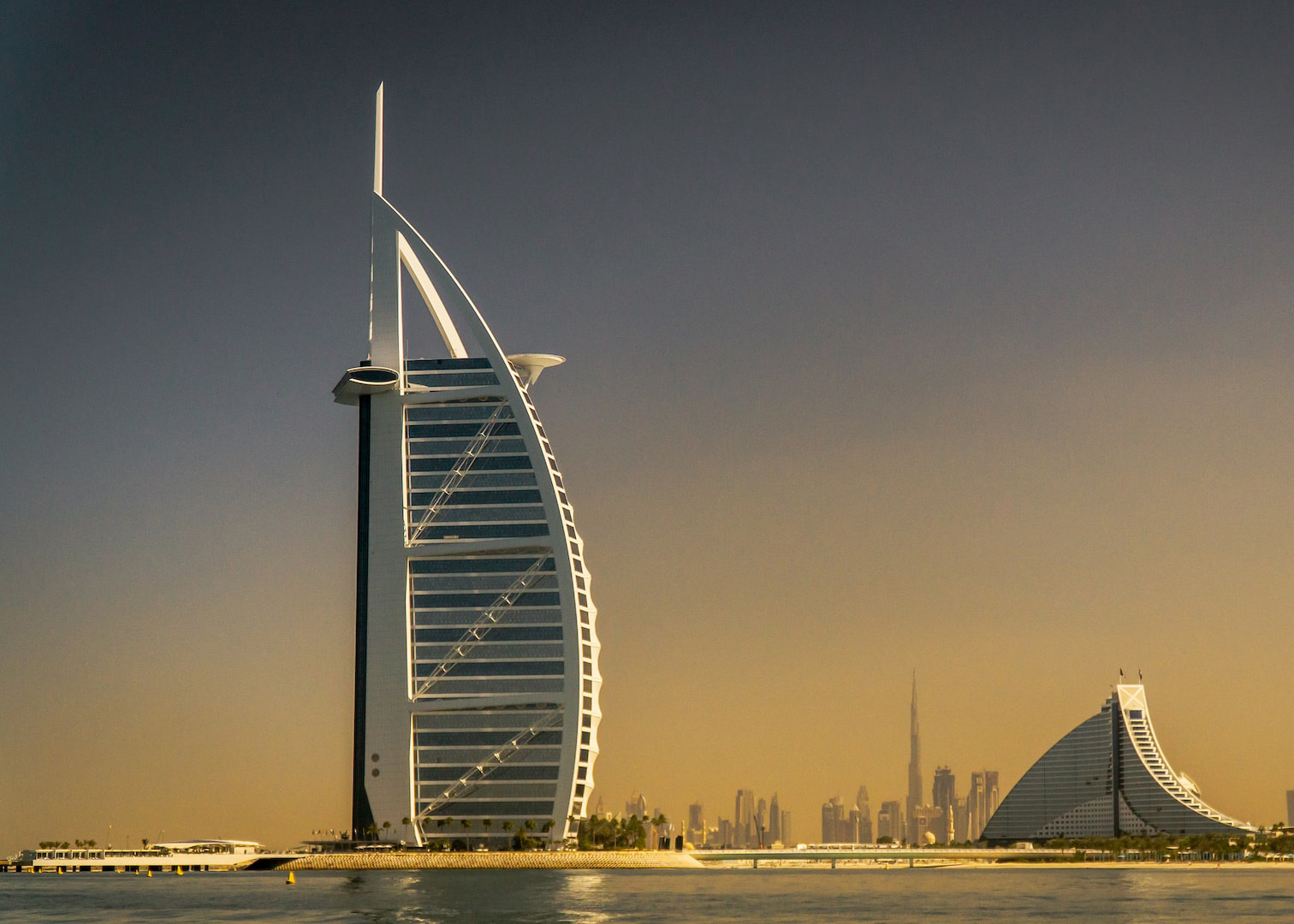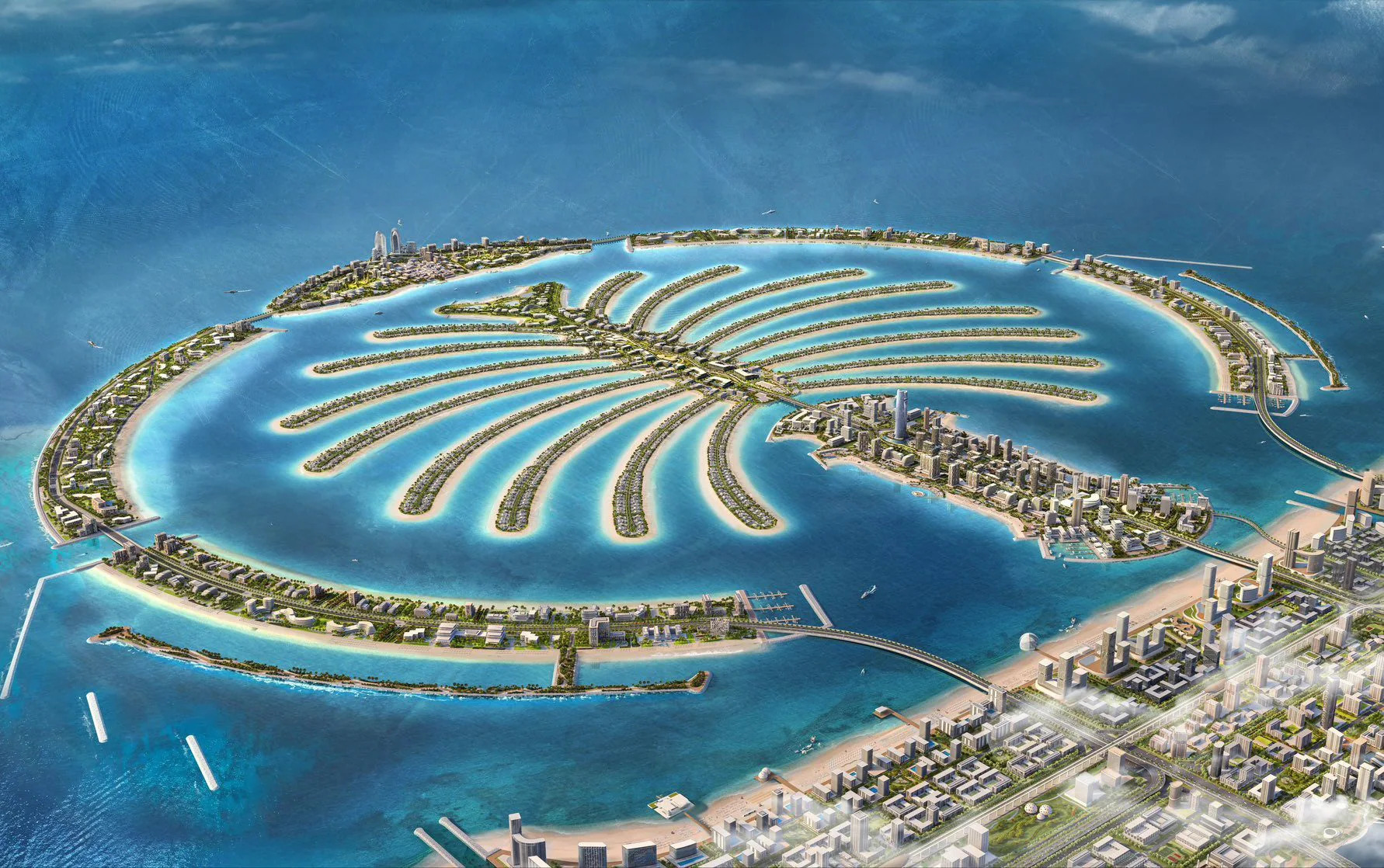
City keep redefining itself, and each new project icon adds to investors’ prospects.
Dubai’s real estate is evolving and distinguishing itself from the established global markets. It offers unprecedented opportunities; this is not about superiority, but because Dubai is laying down its foundational dynamics and rules. And has already showcased the capability to execute ambitiously.
These are the pivotal trends shaping Dubai’s real estate landscape:
Disruptive masterplanned developments: In stark contrast to established investment markets, Dubai continues to roll out mega master communities in coveted locations, whether that’s Creek Harbour, Port De La Mer, Citywalk, and the much-anticipated Palm Jebel Ali.
Surge in luxury residences: Before the Covid era, luxury branded residential projects in Dubai were limited. In a mere span of three years, this number has skyrocketed by over tenfold.
While in pre-Covid times, most developers focused mainly on the basics, there is a remarkable emphasis on living experiences, architectural aesthetics, and an unprecedented boom in i-branded living spaces.
Infrastructure and landmarks: A hallmark of a standout real estate market is always about its robust infrastructure. Dubai’s global prominence is accentuated by its infrastructure. The city’s progression not only influences real estate demand but also its intrinsic value. The key takeaway is that as Dubai’s infrastructure is still in development, with new mega-landmarks and masterplans, it promises once-in-a-lifetime opportunities not found in mature markets that are largely fully developed.
Holiday home revolution: The introduction of fully government-regulated holiday homes not only diversified the rental market but also provided landlords with avenues to tap into a broader tenant base beyond Dubai’s permanent residents. This had a remarkable impact on the rental demand and returns in Dubai.
The lack of decades-long historical reoccurring market trends mandates a sharper focus and nuanced strategy for navigating this market’s unique opportunities. Investors venturing into Dubai’s real estate are advised to collaborate with seasoned experts.
JULY DELIVERED THESE FINE NUMBERS
- Property sales of Dh37.7 billion, an 80% ascent from Dh20.94 billion a year ago, according to DXBInteract.com.
- Total number of transactions was 11,130, marking a 56% increase from July 2022.
- A 5-bedroom apartment in Marsa Al Arab sold for Dh420 million.
- The Lanai Island in Tilal Al Ghaf sold 6 villas, fetching almost Dh600 million.
Dubai’s real estate market, ever-evolving and expanding, beckons shrewd investors willing to think laterally. Seizing the opportunities presented by such a dynamic marketplace, however, requires more than intuition. Success is reserved for those who anchor decisions on the following strategic pillars:
Data-driven expertise
Basing decisions on robust data ensures that decisions are both timely and effective. In a rapidly evolving market, informed guidance is indispensable.
Strategic entry and exit
Crafting a strategic roadmap that outlines the most opportune moments to enter and exit the market can significantly amplify the return on investments.
Synchronize with market cycles
Being attuned to the rhythm of the market is vital. Whether it’s a bull run or a bearish downturn, riding in sync with market cycles can determine the profitability of an investment.
Decoding Dubai’s local dynamics
Dubai’s real estate trends are influenced by a unique blend of cultural, economic, and infrastructural factors. A deep understanding of these localized dynamics empowers investors to forecast trends and capitalize on them effectively.
In essence, the unfolding canvas of Dubai’s real estate offers a trove of opportunities. Yet, the real rewards are for those who approach it with a strategy and keen understanding of the market’s intricacies.
Share This Story, Choose Your Platform!
continue reading



